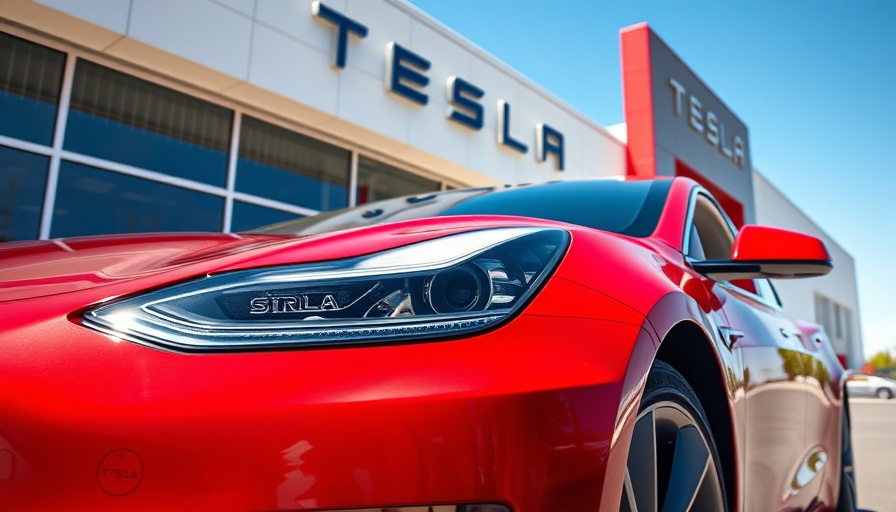
Tesla's Autopilot Under Fire: What Led to the $243 Million Verdict?
Tesla has been in the hot seat again, this time facing a substantial verdict of $243 million in a lawsuit tied to a tragic incident involving its Autopilot feature. The suit stemmed from a 2019 crash that claimed the life of a driver, raising urgent questions about the safety of automated driving technology and the company's accountability. The collision occurred when the vehicle, operating under its semi-automated driving mode, failed to accurately navigate an intersection, resulting in a fatal crash.
The Implications of the Verdict
This verdict could have wide-reaching impacts not just for Tesla, but for the entire tech industry focusing on vehicle automation. As self-driving technology becomes increasingly mainstream, the stakes are raised significantly. Other companies exploring similar technologies may need to reevaluate their safety protocols and the legal responsibilities they take on when marketing these features.
Reactions From the Tech Community
The tech community has reacted strongly to the verdict, with many experts emphasizing the need for stricter regulations surrounding automated driving technologies. Industry analysts are debating whether the ruling could usher in new regulatory measures that might stifle innovation or if it will encourage growth in safer technologies. After all, with great innovation comes an even greater responsibility to ensure public safety.
Silicon Valley’s Drive Towards Sustainability
As this case unfolds, it also brings light to the broader issue of corporate responsibility and sustainability in technology. Tesla, which positions itself as a leader in sustainable transport, now faces scrutiny not only on automative technology but also on how it aligns with its mission of environmental stewardship. The company’s public image and continued growth could hinge on how effectively it addresses safety concerns with its fleet and Autopilot feature.
What This Means for Business Trends in Silicon Valley
This verdict may inspire a shift in how Silicon Valley startups approach their innovation strategies. The danger of lengthy lawsuits presents challenges that entrepreneurs must navigate as they develop cutting-edge technologies. Moving forward, startups must not only innovate but also prioritize safety and ethical considerations in their product development phases.
A Glimpse into the Future: Safety or Innovation?
As we think about the future of automated vehicles, a pivotal question arises: will we lean towards maximizing safety and regulation compliance, or will we continue to pursue innovation at a rapid pace, potentially risking safety? This ruling reveals a crucial inflection point for tech firms—betting on innovation indiscriminately may no longer be viable without earnest commitments to public safety.
Conclusion: Navigating Uncertain Terrains
The verdict against Tesla serves as a warning for both established giants and emerging startups. Legal, ethical, and safety implications must be central to the conversation as the Bay Area continues to push the envelope of technological innovation. As stakeholders navigate these new waters, the balance of capitalizing on innovation while ensuring the community’s safety will be more critical than ever in shaping the future of business in Silicon Valley. Those invested in the Bay Area’s economy must stay informed about these developments as they will undoubtedly influence a range of business trends moving forward.
 Add Row
Add Row  Add
Add 



Write A Comment